

Poland’s border guard has joined police in raids around the country targeting illegal immigration. As a result of the action, almost 400 proceedings have been launched to deport foreigners without the right to be in Poland.
The crackdown came days after a declaration last week by Poland’s interior minister and the mayor of Warsaw of a “zero tolerance” approach to crimes committed by immigrants, following media reports of a growing wave of “imported crime”.
The raids – which took place on 13-14 February but which were only announced this week – were part of a broader, nationwide police action targeting people wanted on arrest warrants. Over 26,000 police officers carried out checks at over 32,000 locations.
As a result, 1,474 people were detained, including 204 foreigners, announced the national police headquarters on Wednesday this week. That in turn led to the police in 166 cases applying to the border guard to expel foreigners from Poland.
In a separate statement, the border guard revealed that 1,000 of its officers had participated in the raids, with the “aim of combating illegal migration”. They carried out over 2,400 checks on the legality of the presence of foreigners in Poland, leading to the launching of proceedings against almost 400 of them.
Among those whose documents were checked, the largest number, over 1,000, were Ukrainians, who are by far Poland’s largest immigrant group. The next largest numbers were Georgians (264), another large immigrant group, and Colombians (204), whose numbers have been growing rapidly in recent years.
Among those against whom deportation proceedings were launched, Ukrainians account for 180 cases and Georgians and Colombians almost 60 each, said the border guard.
Most deportation cases were brought due to the finding that the foreigners were not staying legally in Poland, but in three instances they were initiated due to a threat to state security or public safety.
“This action is the beginning of regular activity by the [uniformed] services, the primary goal of which is to ensure the security in our country,” wrote the police. “It is also a signal to those who want to come to Poland to conduct criminal activities: they will be under the watchful eye of the Polish services.”
The outcome of the raids was also hailed by interior minister Tomasz Siemoniak, who wrote on social media that they show “we will not allow foreign gangs to enter Poland”.
Earlier this month, Siemoniak noted that 5% of all people suspected of carrying out crimes in Poland last year were foreigners. However, the data he presented also indicated that immigrants make up 8% of Poland’s population.
In recent years, Poland has experienced a wave of immigration that is unprecedented in its history and among the highest of any country in Europe. It has issued more first residence permits to immigrants from outside the EU than has any other member state. Meanwhile, asylum applications rose to a new high in 2024.
Earlier this month, Rzeczpospolita, a leading newspaper, reported that Georgian immigrants, in particular, have been responsible for a return to the kind of violent organised crime that was common in the 1990s during the post-communist transition.
Last year, Poland’s government approved a tough new migration strategy aimed at “taking back control” of the country’s borders. It includes a proposal to suspend the right of those who have entered the country irregularly to claim asylum.



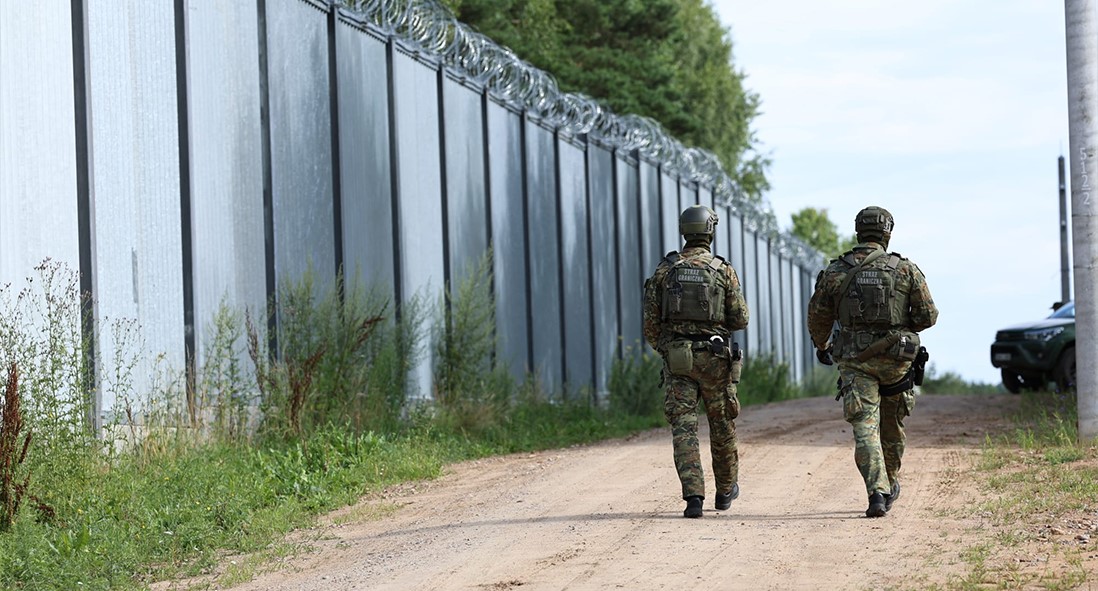
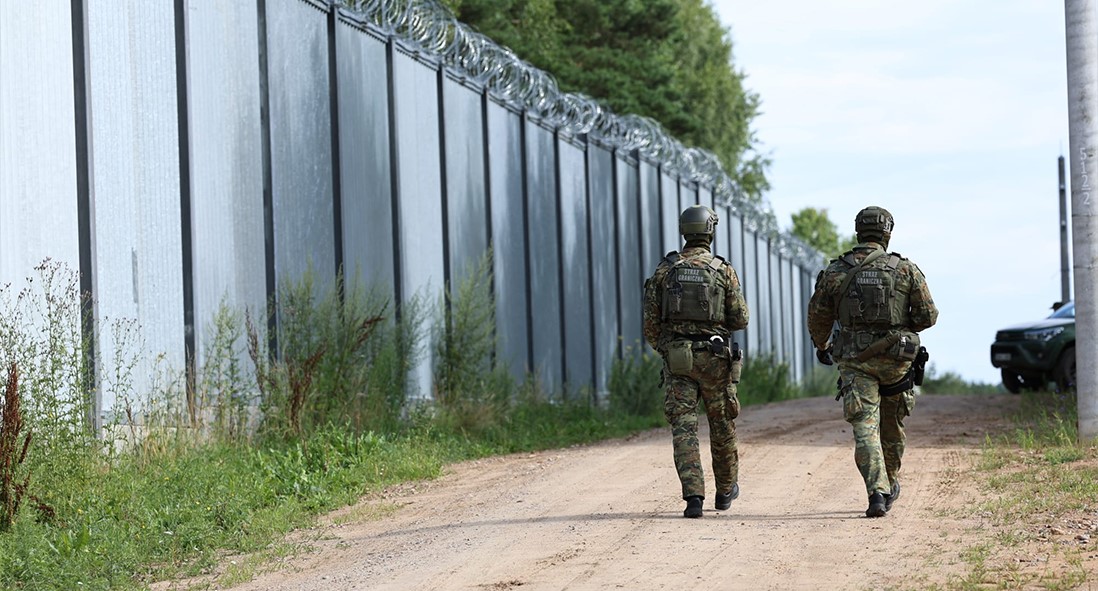
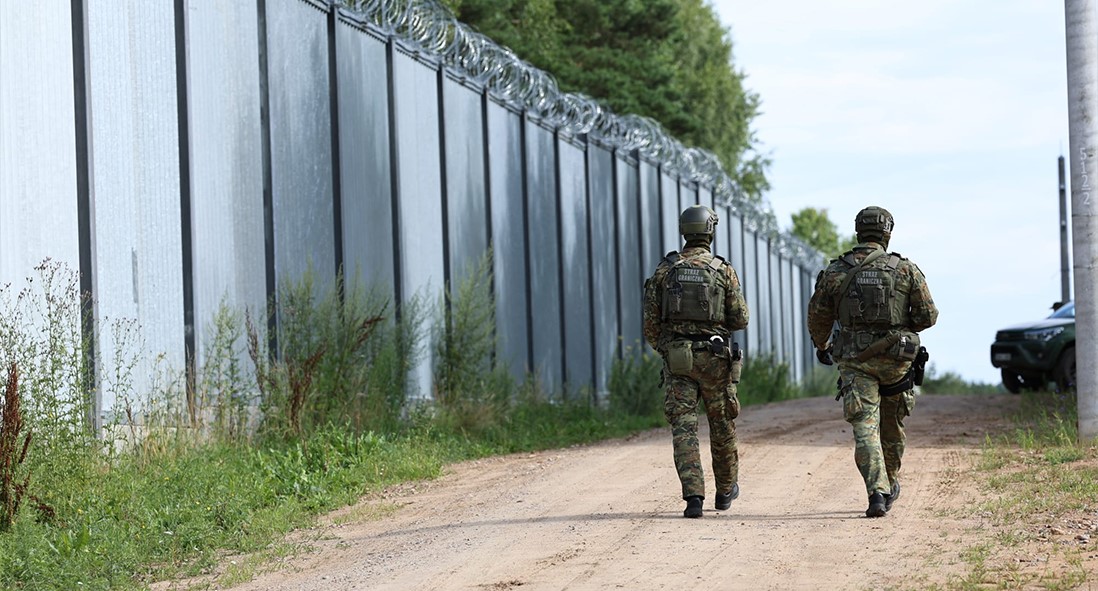
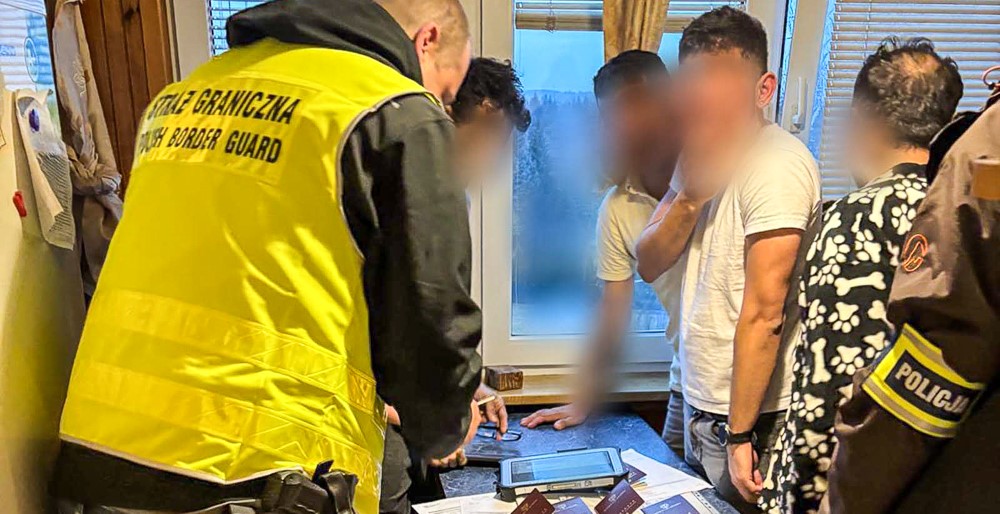
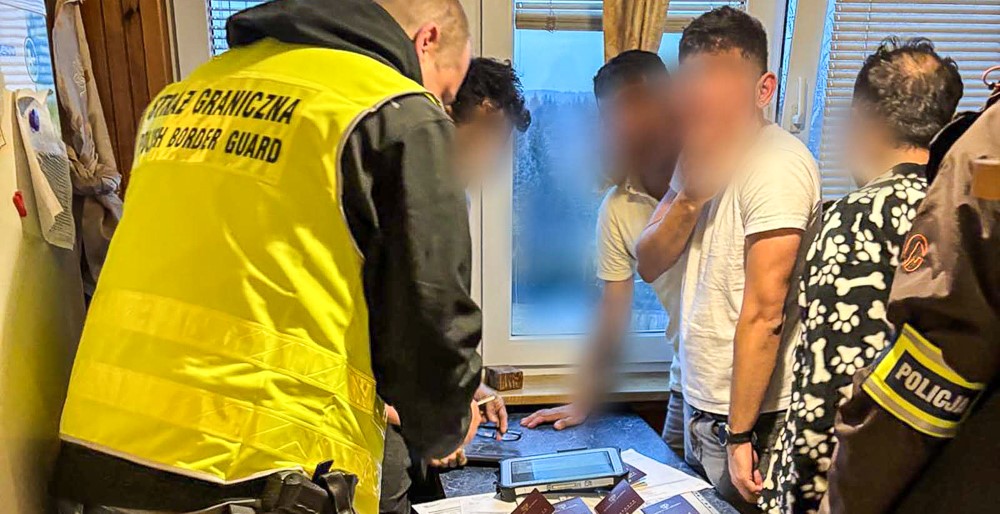
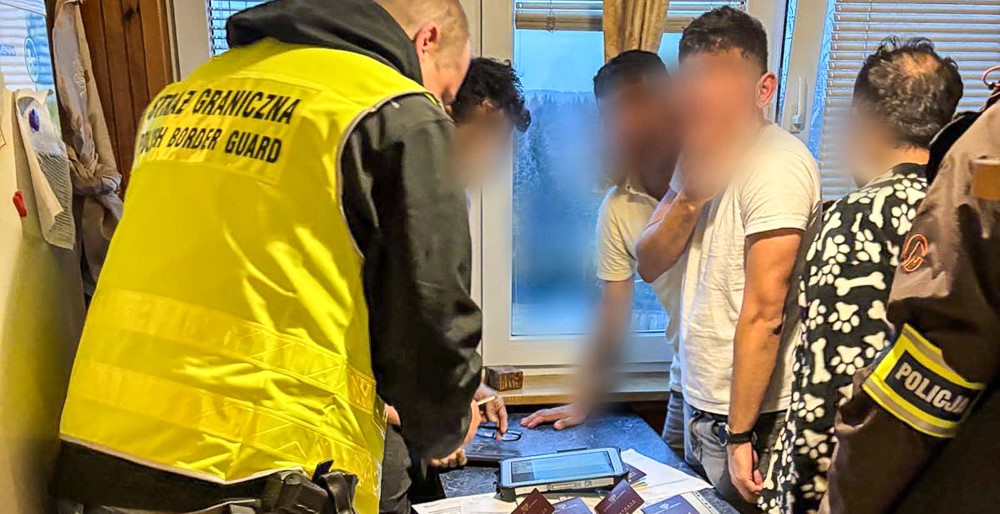






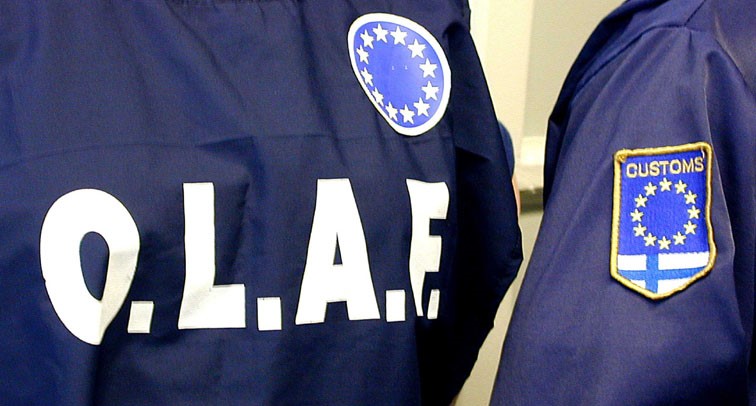
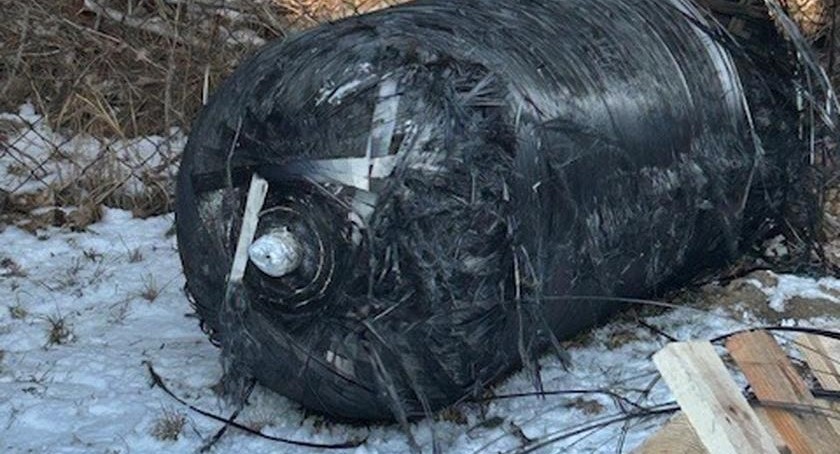
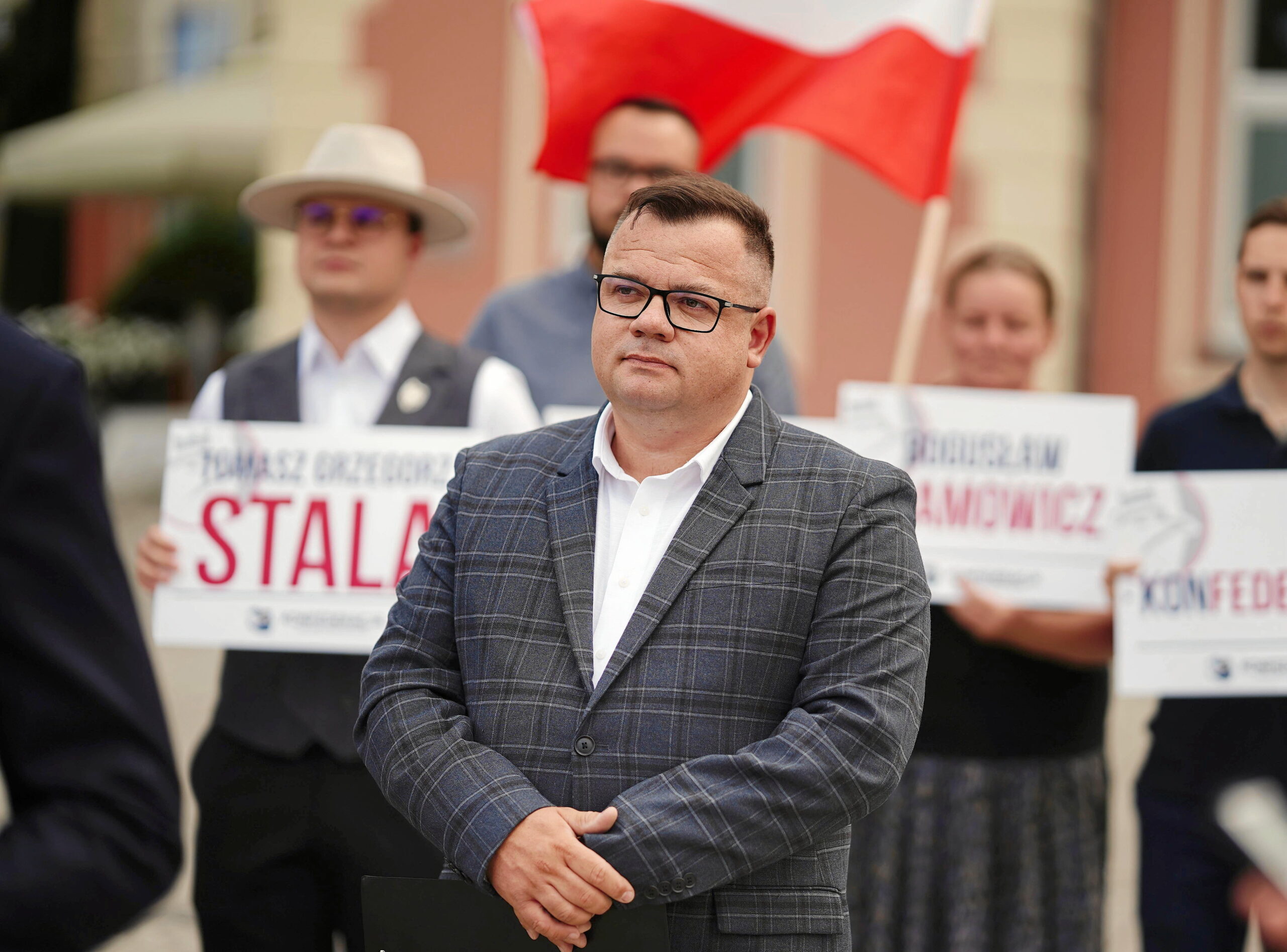
And in its place Musk has his own now. :\